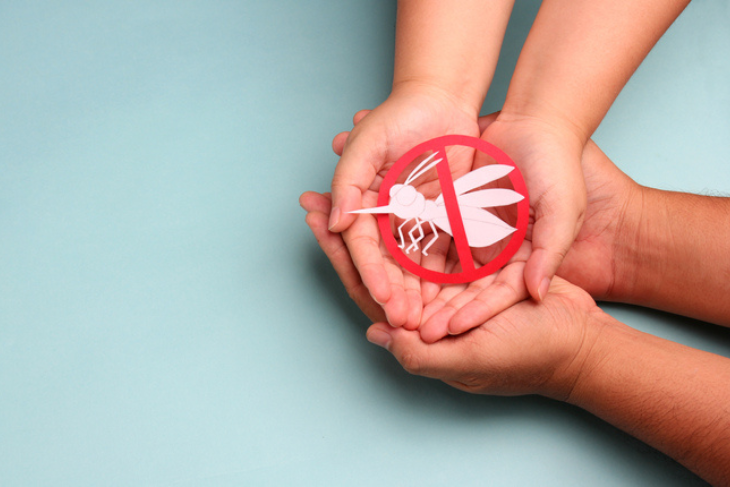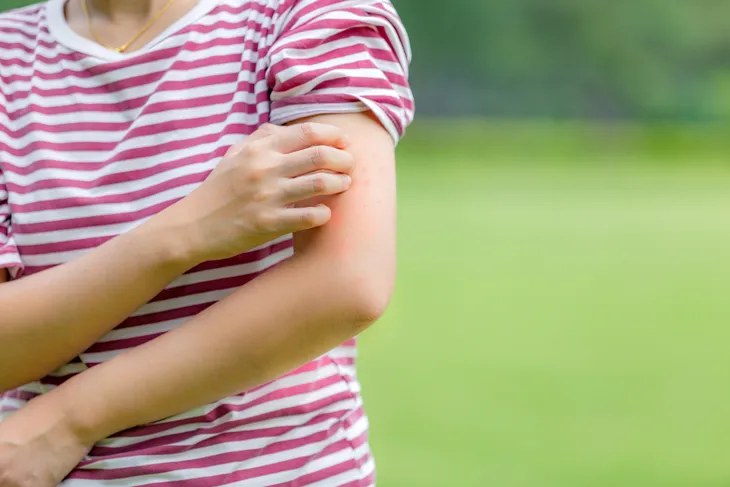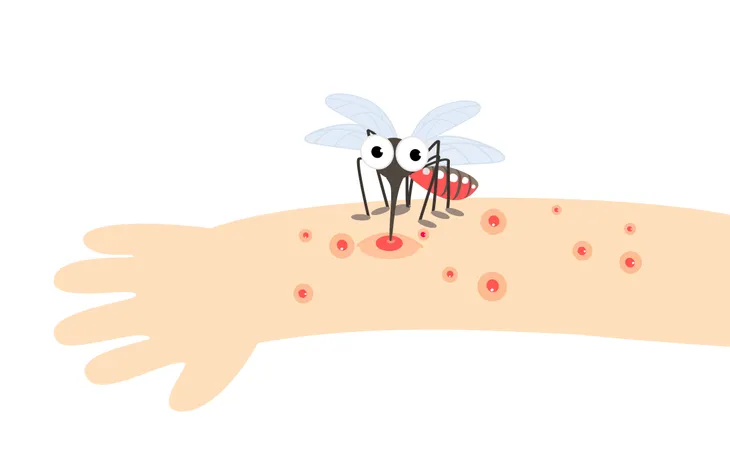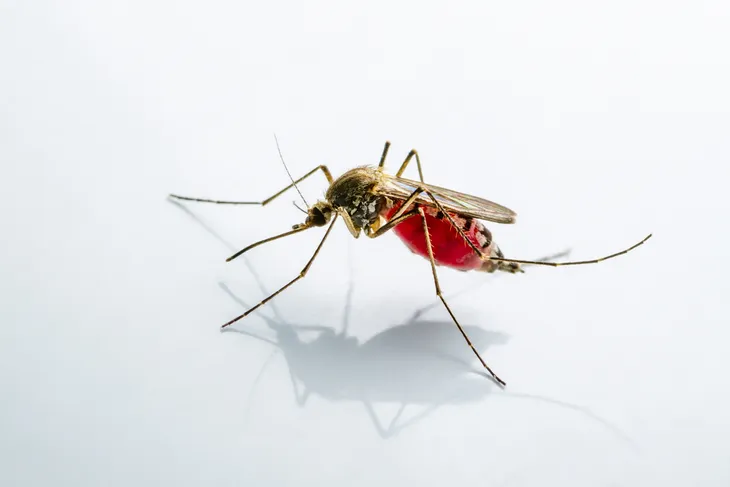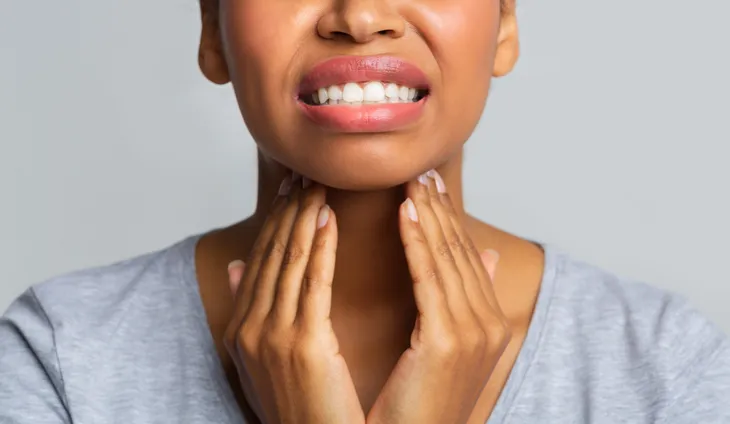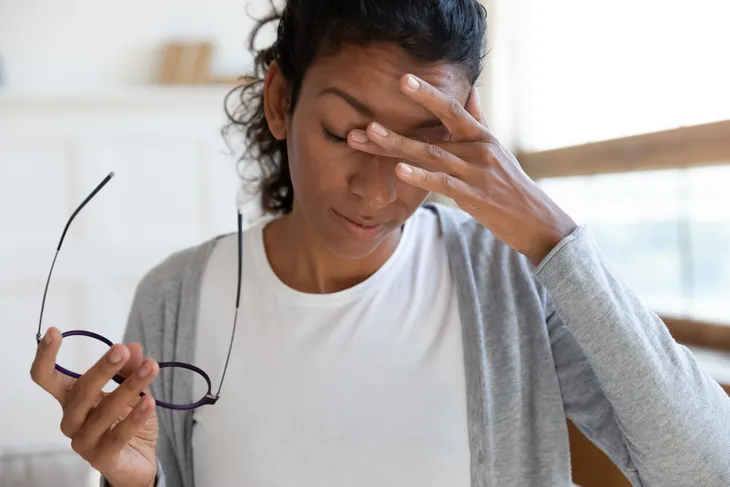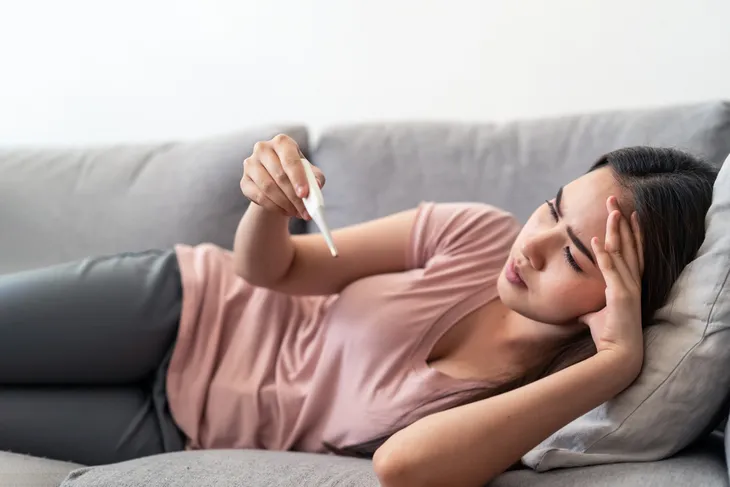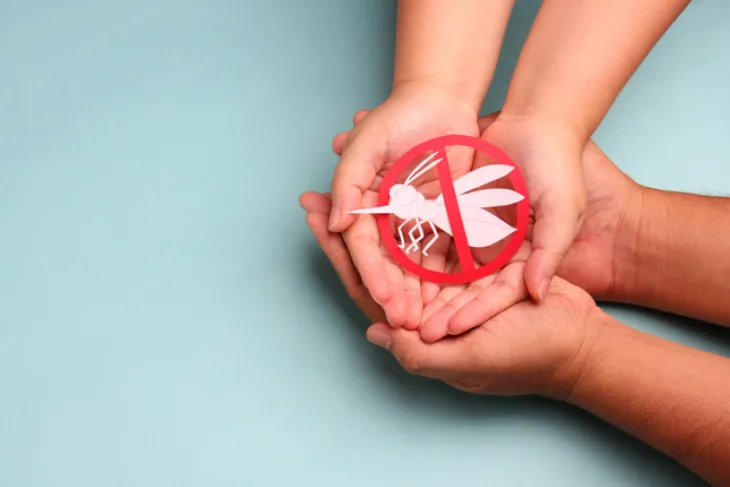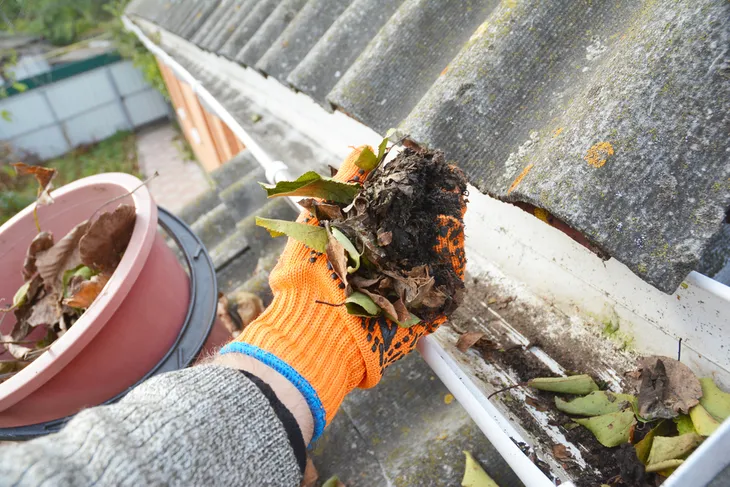- Mosquitoes are small flying insects that live in most parts of the world.
- Not all mosquitoes bite humans but the ones that do can cause an itchy, swollen bite.
- Some mosquitoes can carry diseases so it’s important to get informed and do what you can to prevent bites.
Mosquitoes may be tiny but they can cause a pretty itchy and annoying bite! To make matters worse, some mosquitoes carry harmful diseases that can put your health at risk. The good news is there are effective ways to prevent mosquito bites.
The best way to protect your health from mosquitoes is to get informed. Here’s what you need to know about mosquito bites, including the common signs that you’ve been bitten, the potential risks, plus how to effectively treat the bites. We’ll also look into what steps you can take to prevent mosquito bites in the first place.
Common Signs of a Mosquito Bite
Most people know what a mosquito bite looks like. The telltale sign is a “puffy and reddish bump,” explains the Centers for Disease Control and Prevention (CDC). They’re also usually very itchy. The source also notes that sometimes the bite can appear as a reddish-brown color, small blisters, or dark spots that look like bruises.
Severe reactions to mosquito bites are also possible. Symptoms may include hives, swollen lymph nodes, a low-grade fever, and a large area of swelling and redness. The source says severe reactions are more common in children, people who have an immune system disorder, and if you’ve been bitten by a mosquito species you haven’t been exposed to before.
Why Do Mosquito Bites Cause a Reaction In Humans?
Healthline points out that male mosquitoes don’t bite humans, it’s the females that cause the itchy bites. But what causes the reaction in the first place?
The source says the female mosquitoes have a special mouthpart that pierces your skin so they can feed on your blood. When the mosquito bites you, they inject saliva into your body and it’s their saliva that you’re allergic to. Once the saliva enters your body, your immune system kicks into gear, sensing a threat, and then the itchy bump is formed as a reaction.
What Are The Risks of Mosquito Bites?
Itchy bug bites aren’t the only thing you have to worry about with mosquitoes. These pesky insects can carry harmful viruses, bacteria, and parasites. Healthline says they’re carried in their saliva and can be transmitted to humans when they bite you. Some of these pathogens can cause life-threatening complications too.
Mosquitoes are known to carry West Nile virus, Zika virus, malaria, and others. Let’s take a closer look at these viruses, including the common signs next!
What You Need to Know About West Nile Virus
According to the CDC, the West Nile virus is the leading cause of mosquito-borne disease in the U.S. Cases of West Nile virus peak during mosquito season which occurs during summer and fall.
Unfortunately, there isn’t a vaccine to prevent infection or medication to treat it. But the source says the good news is many people who get infected don’t feel sick. That said, 1 in 5 people do develop a fever as well as other symptoms like headache, body aches, mild rash, and swollen lymph nodes. The CDC also says 1 out of 150 infected people develop a serious (sometimes fatal) illness from infection. If you think you’ve been infected with the West Nile virus, contact your doctor.
What You Need to Know About the Zika Virus
According to the World Health Organization (WHO), the Zika virus is transmitted by Aedes mosquitoes. They typically bite in the early morning and late afternoon/evening. These mosquitoes are prevalent in tropical and subtropical regions and are also the same mosquitoes that transmit dengue, chikungunya, and yellow fever.
It’s possible not to experience any symptoms once you’ve been infected but be on the lookout for muscle and joint pain, headache, and a general feeling of unwell. It can also cause a fever, rash, and conjunctivitis. If you do develop symptoms, you can usually expect them to last for 2- to 7-days.
The Zika virus is a cause for concern for pregnant women because it can be passed onto the fetus and cause “infants to be born with microcephaly and other congenital malformations, known as congenital Zika syndrome.” The source also says, the Zika virus is associated with other complications such as miscarriage and preterm birth.
Other Diseases Mosquitoes Carry
West Nile virus and Zika virus aren’t the only risks you need to be aware of. Medical News Today says mosquitoes can carry other diseases, including:
- Malaria: is a serious (and sometimes fatal) disease caused by a parasite that destroys your red blood cells. Early diagnosis and treatment are vital.
- Yellow fever: is a virus that causes inflammation in the brain and spinal cord. It also gets its name from the yellowing of the skin and eyes, known as jaundice, which happens when the virus attacks the liver. Luckily this virus can be prevented by a vaccine.
- Dengue fever: is a disease that causes flu-like symptoms, including high fever, muscle soreness, joint pain, and a rash. In severe cases, it may cause severe bleeding and shock, and it can even be fatal.
- Chikungunya virus: is an infection that causes joint pain, headache, rash, and fever. Infected individuals will likely require bed rest and plenty of fluids to recover.
When to See a Doctor
If you get bitten by a mosquito, try your best not to scratch the bite. Scratching may lead to infections. Signs of infection include redness, warmth, and a streak that appears outward from the bite. If you suspect you have an infected bite, contact your doctor.
You should also contact your doctor if you develop any symptoms of disease or infection. While not all viruses carried by mosquitoes are serious, some are and early intervention is key.
How to Treat Mosquito Bites
If you’re bitten by a mosquito the CDC recommends washing the area with soap and water. The source also suggests applying an ice pack to the area for 10-minutes to help reduce swelling and itching. Just be sure to wrap the ice pack in cloth before putting it on your skin. You can reapply the ice pack as needed.
The source also says baking soda can be an effective ingredient to reduce the itchiness of a mosquito bite. Combine 1-tablespoon of baking soda with a small amount of water to create a paste. Apply the paste to the mosquito bite and leave it for 10-minutes and then wash off the paste. There are also over-the-counter anti-itch creams available too if natural remedies fail to ease the itchiness.
How to Prevent Mosquito Bites
No one wants to be bitten by a mosquito, after all the itchy bug bites are a nuisance. But the risk of infection is another solid reason to prevent bites in the first place. Luckily, there are simple things you can do to help prevent mosquito bites.
You can prevent mosquitoes by wearing bug repellent and protective clothing, especially when outdoors. If you plan on traveling be sure to do your research and find out if disease-carrying mosquitoes are prevalent in that area and talk to your doctor to find out if you require any additional vaccines. Let’s take a closer look at some of these prevention tips next!
Mosquito Repellent
Bug repellent is an effective product that can keep mosquitoes at bay. However, the CDC says when shopping for bug spray, look for an Environmental Protection Agency (EPA)-registered insect repellent. The source says the following are effective mosquito repellents:
- Picaridin
- DEET
- IR3535
- Oil of lemon eucalyptus (OLE)
- Para-menthane-diol (PMD)
- 2-undecanoate
Always read the labels and use these products as directed. They can be safe and effective when used properly.
Wear the Right Clothing
Wearing the right clothing when venturing outdoors can also be an effective way to prevent mosquito bites. For starters, it’s better to wear light-colored clothing as it reflects heat. Dark colors, on the other hand, can hold in heat, and mosquitoes are attracted to heat, explains Healthline.
For an added layer of protection, you should also spray your clothing with mosquito repellent. Mosquitoes are attracted to the odor of human sweat and bug repellent can help prevent that smell. If you plan on spending a lot of time outdoors where mosquitoes are prevalent, then the CDC says you may want to invest in permethrin-treated clothing and gear. Permethrin is an insecticide that deters mosquitoes.
How to Protect Babies and Children From Mosquitoes
If you have babies or children at home, it’s important to protect them from mosquitoes too. For starters, be sure to dress them in clothing that covers their arms and legs. If you’re pushing a stroller or using a baby carrier, placing a mosquito net overtop can help too.
You should also consider using insect repellent on your child but always follow the label instructions. Don’t apply insect repellent on their hands, eyes, mouth, or open wounds. To apply to their face you should spray the repellent on your hands and then apply it to their face. The CDC also notes that you should never use products containing lemon eucalyptus or para-menthane-diol on children under 3-years old. Always read the label and make sure the product is safe for children.
How to Control Mosquitoes Around Your Home
Another effective way to prevent mosquito bites is to control how many mosquitoes are around your home. Mosquitoes thrive in grass and bushes but Healthline says their “favorite breeding ground is standing water.” With that in mind, walk around your property and look for stagnant bodies of water. Water can accumulate in clogged rain gutters, birdbaths, toys, buckets, planters, tires, trash containers, and more. Turn them over, cover them, or throw them out to prevent mosquitoes from breeding.
The CDC also says you can keep mosquitoes out of your home by using screens on windows and doors. Be sure to inspect the screens yearly, and repair holes if necessary. You could also forgo open windows altogether and rely on the air conditioner instead.
